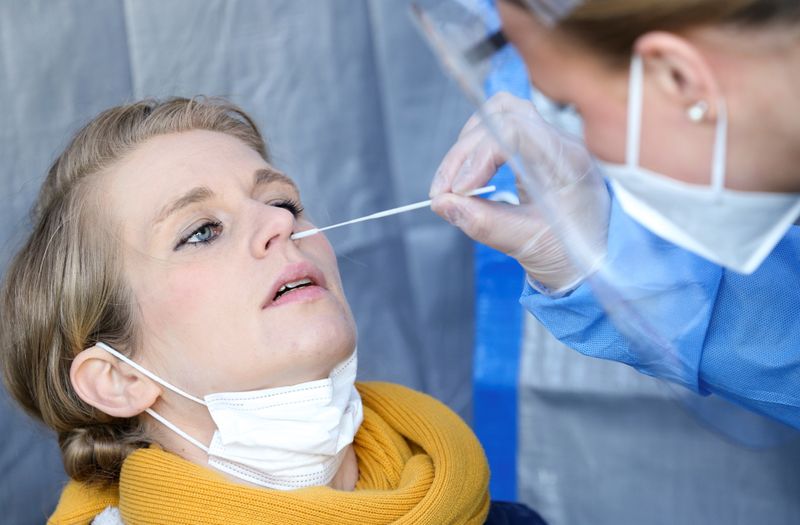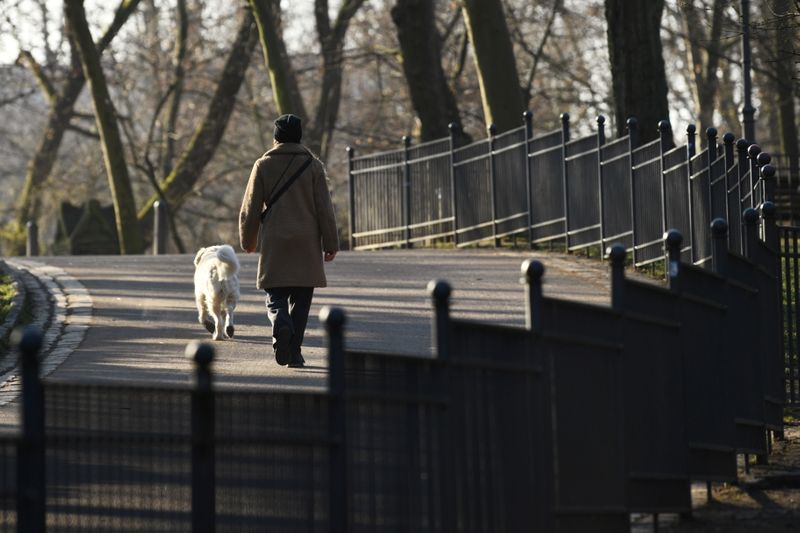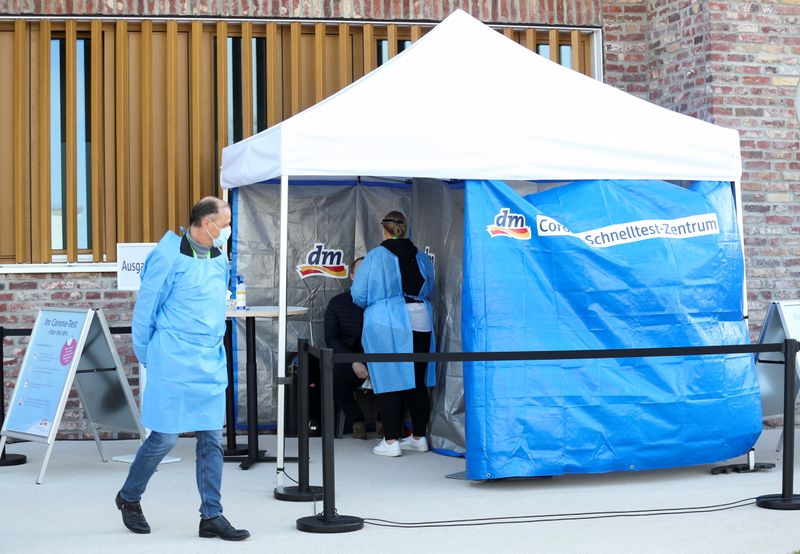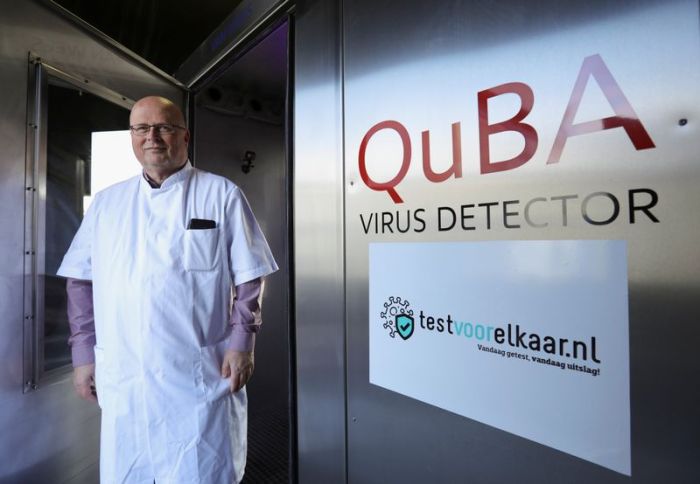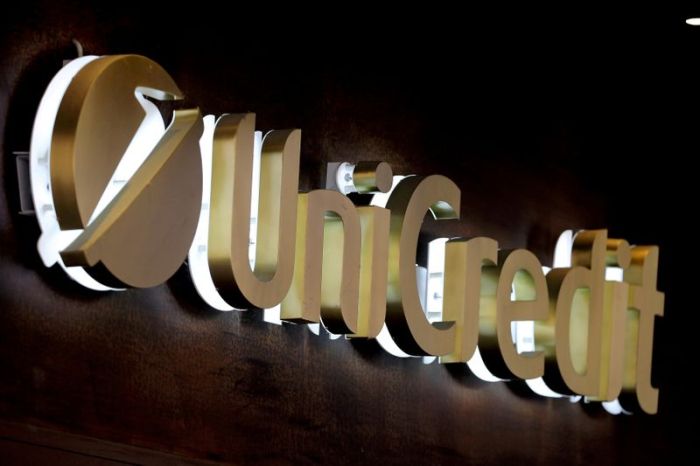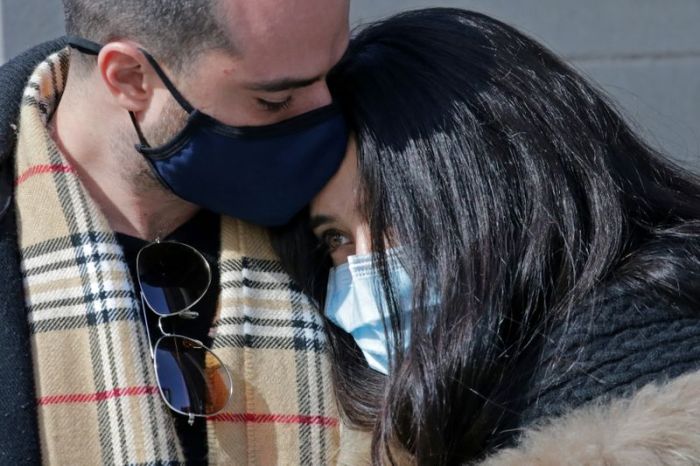BERLIN (Reuters) – Chancellor Angela Merkel and German state leaders have agreed a phased easing of coronavirus curbs along with an “emergency brake” to let authorities reimpose restrictions if case numbers spike again.
With elections looming, Merkel and the regional leaders have faced growing pressure to set out plans to restore normal activities after four months of lockdown.
However, daily cases are creeping up again and only around 5% of the population have received a first vaccine shot.
“We are at the threshold of a new phase of the pandemic that we can go into not carelessly but still with justified hope,” Merkel told reporters on Wednesday after what she described as “tough negotiations” with the regional chiefs.
The leaders agreed to use the full length of the approved interval between first and second vaccinations and to minimise stockpiling of booster shots to get more people started on the two-shot course.
The European Medicines Agency (EMA) recommends giving Pfizer and BioNTech’s injections three weeks apart and AstraZeneca’s up to 12 weeks apart.
They also said they expected a decision soon from Germany’s standing committee on vaccination on administering the AstraZeneca shot to over-65s, “in order to be able to adjust the vaccination schedule accordingly”.
Germany currently only allows the AstraZeneca vaccine to be given to people aged 18 to 64, which has led to a low take-up of available doses, slowing vaccination efforts.
CAUTIOUS EASING
Under Wednesday’s five-stage plan, up to five people from two households will be allowed to meet from March 8, with children under 14 exempt.
Retailers can reopen provided case numbers are below 50 cases per 100,000 people over seven days in the relevant region. If the incidence rises above 50, ‘click and meet’ restrictions kick in, whereby customers book a slot to go to the store.
If the metric rises above 100 on three consecutive days, the emergency brake will take effect and restrictions revert to those in force before March 8.
Later stages will see restaurant terraces open, and museums, theatres and cinemas reopening for people who can present a recent negative test result. Finally, open-air events with up to 50 people will be allowed, and contact sports inside.
From March 8 the government will pay for all asymptomatic citizens to have a quick coronavirus test at least once a week. Merkel and state leaders will discuss further steps on March 22.
Widely praised last year for relative success in containing the first wave of the pandemic, Merkel has seen support for her Christian Democrats fall to 34%, its lowest in a year, a Forsa opinion poll conducted for RTL/ntv television showed.
Two regional elections are due this month and a national election in September, when Merkel is due to step down.
Health Minister Jens Spahn said the vaccine campaign should be accelerated within days, assuming approval is granted for over-65s to get the AstraZeneca/Oxford shot. Evidence of its efficacy is mounting from Britain, where more than 30% have already received their first shot.
(Interactive graphic tracking global spread of coronavirus: https://graphics.reuters.com/world-coronavirus-tracker-and-maps)
(Reporting by Emma Thomasson and Paul Carrel; Editing by John Stonestreet, Rosalba O’Brien and Gareth Jones)

